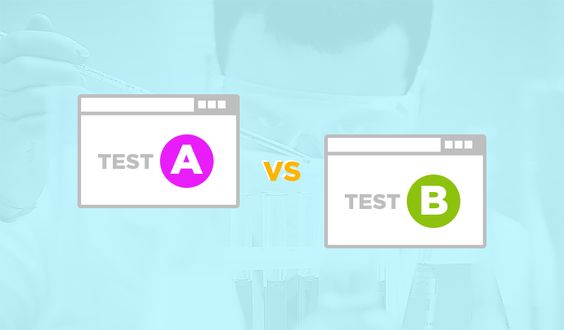In the rapidly evolving world of technology and consumer needs, product intelligence has become a cornerstone for successful marketing. The magic of product intelligence lies in its ability to provide deep insights into consumer behavior, market trends, and product performance. This intelligence enables businesses to craft effective marketing strategies that not only capture the attention of their target audience but also drive innovation and growth. This article delves into the best strategies for leveraging product intelligence in marketing inventions.
Understanding Product Intelligence
Product intelligence refers to the comprehensive analysis and understanding of data related to a product’s performance, usage, and consumer feedback. This involves collecting and analyzing data from various sources, including sales figures, customer reviews, and market trends. The goal is to gain actionable insights that can inform decision-making processes, optimize product features, and tailor marketing efforts.
Identifying Target Audience
A key strategy in marketing inventions using product intelligence is identifying and understanding the target audience. By analyzing demographic data, purchasing behavior, and preferences, businesses can create detailed customer profiles. This allows for personalized marketing campaigns that resonate with specific segments of the audience, increasing the likelihood of engagement and conversion.

Enhancing Product Features
Product intelligence provides valuable feedback on which features of a product are most appreciated by consumers and which ones need improvement. This feedback loop is essential for refining and enhancing product features. By continuously updating and improving products based on consumer insights, businesses can maintain a competitive edge and meet the evolving needs of their customers.
Predicting Market Trends
Staying ahead of market trends is crucial for the success of any product. Product intelligence tools can analyze large datasets to predict future trends and consumer demands. By leveraging these insights, businesses can proactively adapt their marketing strategies and product offerings to align with anticipated market shifts, ensuring they remain relevant and appealing to consumers.
Crafting Compelling Marketing Messages
The magic of product intelligence also lies in its ability to help craft compelling marketing messages. By understanding what resonates with the target audience, businesses can create messages that highlight the most attractive features and benefits of their products. This targeted approach ensures that marketing efforts are not only engaging but also effective in driving sales and building brand loyalty.
Optimizing Pricing Strategies
Product intelligence can also play a crucial role in optimizing pricing strategies. By analyzing data on consumer willingness to pay, competitive pricing, and market demand, businesses can set prices that maximize profitability while remaining attractive to consumers. Dynamic pricing models, informed by real-time data, can further enhance the effectiveness of pricing strategies.
Leveraging Data-Driven Marketing
Data-driven marketing is at the heart of leveraging product intelligence. This approach involves using data analytics to inform all aspects of marketing, from campaign planning and execution to performance measurement and optimization. By continuously monitoring and analyzing data, businesses can make informed decisions that enhance the effectiveness of their marketing efforts and drive better outcomes.
Enhancing Customer Experience
A positive customer experience is critical for the success of any product. Product intelligence provides insights into customer satisfaction and areas for improvement. By addressing pain points and enhancing the overall user experience, businesses can foster customer loyalty and encourage repeat purchases. Personalized marketing, informed by product intelligence, further enhances the customer experience by delivering relevant and timely content.
Implementing A/B Testing
A/B testing is a powerful strategy for optimizing marketing campaigns and product features. By testing different versions of a product or marketing message with a segment of the audience, businesses can determine which version performs better. Product intelligence provides the data needed to conduct effective A/B tests, enabling continuous improvement and refinement of marketing strategies.

Integrating AI and Machine Learning
Artificial intelligence (AI) and machine learning are revolutionizing product intelligence and marketing. These technologies can analyze vast amounts of data at unprecedented speeds, uncovering patterns and insights that would be impossible to detect manually. By integrating AI and machine learning into product intelligence processes, businesses can enhance their ability to predict trends, personalize marketing, and optimize product features.
The magic of product intelligence lies in its ability to transform data into actionable insights, driving innovation and enhancing marketing strategies. By leveraging product intelligence, businesses can better understand their target audience, predict market trends, craft compelling messages, and optimize pricing strategies. Data-driven marketing, enhanced customer experiences, and the integration of AI and machine learning further amplify the benefits of product intelligence. In a competitive market, these strategies are essential for the success of marketing inventions and the growth of businesses.

